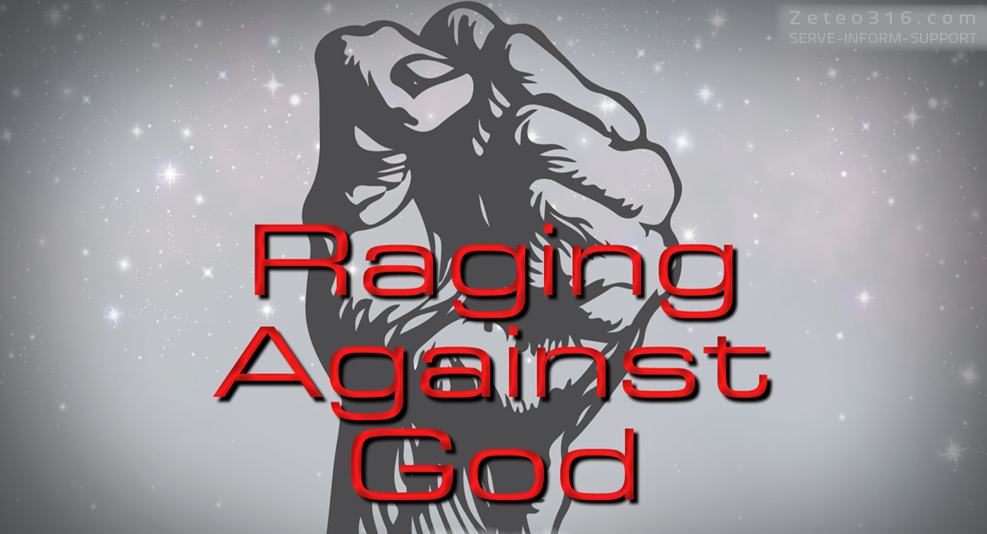
I’ve been having one of “those” times. You may have had those days where you feel miserable and out of step with the world. You feel defeated and the smallest grievances get you riled up.
Deep down you understand that Job had it far worse than you’ll ever experience, hopefully. Others have better cause to feel cranky. Nevertheless that thought exercise doesn’t help your state of mind. You pray, yet there’s no immediate relief. It’s like this is a tunnel you have to pass through to emerge at the other side.
Before I attended church one Sunday I prayed for whoever was delivering the sermon. I usually pray that the Holy Spirit speaks through the minister and opens our hearts to hear the day’s message. My hope was that Alistair Begg would be preaching. I needed a dose of Begg to fire me up and put me back on track.
Pastor Begg was somewhere else.
The sermon was delivered by a young pastor. It centered on Philippians 3:17-21 and he focused in particular on verses 20-21:

The words “For our citizenship is in heaven….” struck a deep chord in me. It was a timely reminder. God had listened.
After the services finish I generally treat myself to browsing in the church bookstore. Sometimes books jump out at me, begging to be bought. This week it was Peter Hitchens’ The Rage Against God – how atheism led me to faith. Peter H is the brother of the atheist, Christopher Hitchens.
When I got home I checked my email and was stunned to find something like 15 new entries from the Amazon discussion forums. Someone had been very busy.
About 18 months ago I’d visited the Amazon reviews of two books refuting evolution, written by a Christian scholar. Every single positive review – without exception – was populated (sometimes up to one and two hundred plus posts) by mocking atheist comments. The major part of these weren’t cogent rebuttals. Often they were anonymous single word repetitions. I made the mistake of pointing that out.
One anonymous atheist immediately visited my reviews of other books and vented his/her wrath there. Dissent is not viewed by the “New Atheists” kindly. I’d pretty much forgotten about it until he/she returned with a raging vengeance on Sunday (of all days) – and, strangely enough, after I bought Hitchens’ book.
This frame of mind began after the SCOTUS decision on same-sex marriage. It wasn’t the decision – there was no surprise there – it was the afterglow that got to me. So many professing Christians openly celebrated the decision. How could that be? Isn’t God’s word clear enough?
My daughter has always expressed sympathy and understanding for LGBT issues. Yet she was assailed by secular friends on social media for her differing stance on the same-sex marriage decision. Suddenly, her personal opinion was insensitive.
The new narrative was that the SCOTUS decision was a vindication of decades of Christian oppression against homosexuals. I’d love to see the hard data. Of course, asking for data will be considered insensitive. In fact humans naturally oppress one another. Jews, Christians, gays and various ethnic groups have been subjected to oppression, even by secularists of various persuasions.
Ironically, my daughter’s friends’ deep sensitivity appeared to be selective.
My secular acquaintances would have been horrified some thirty or forty years ago that a man could one day legally marry another man. Back then homosexuals were often derided by my friends. Some allegedly even knew people who knew people who bashed gays. However, none of my friends were Christians.
Most of my non-Christian friends eventually converted to pro gay pride and same-sex marriage. What changed their minds? Did they slowly become enlightened or were they gradually brainwashed? A conclusion depends on what standard one uses to live by.
Former atheist Peter Hitchens makes interesting observations in his book. He wasn’t raised in an overtly Christian family, yet despite the best intentions of parents and teachers he was often rebellious and mean-spirited. He loved using foul language and could find any excuse for mocking a wheelchair-bound boy in his class (p 18).
In 1990 his occupation as a journalist saw him assigned for five years in Russia and the USA. He’d noted how the totalitarian anti-Christian power in Russia was an enemy of civility. He has also since concluded that a former “Christian Society” which had been de-Christianized would face similar problems.
When he returned to Britain in 1995 he was “struck” by the “accelerating decline of civility” in his home country (p 91). Hitchens concludes that the major cause was the vanishing of Christianity form “public consciousness and life.”
I came across an article which I think gets close to the bone of the issue (hat tip to Michael Vlach). Joel Miller suggests that, for a number of reasons, the gay marriage debate was over in 1950. He writes that the debate was never really about marriage to begin with. The following sums it up:
“The rapid turn on same-sex marriage wasn’t rapid…there was a general consensus waiting to be made from the rough ingredients that we’ve been living with for well over half a century…Which is just another way of saying that this is a very long defeat for the broader acceptance of traditional Christianity. The battle wasn’t over marriage. It was over what’s left of the traditional Christian understanding of human design and destiny.”
The long list of pretentious grievances against the Christian bakers bears some testimony to that, I think.
We are living in a rebellious world which has always raged against the True God of Christianity. It doesn’t want rules on how to live. If we are faithful Christians we will be in the firing line of that rage.
As the pastor preached – we’re not citizens of this nation or this world. We’re ambassadors passing through. Sometimes it’s a hard lesson to remember and live out. I certainly know.
But remember we must.
